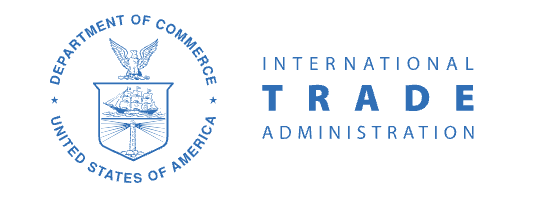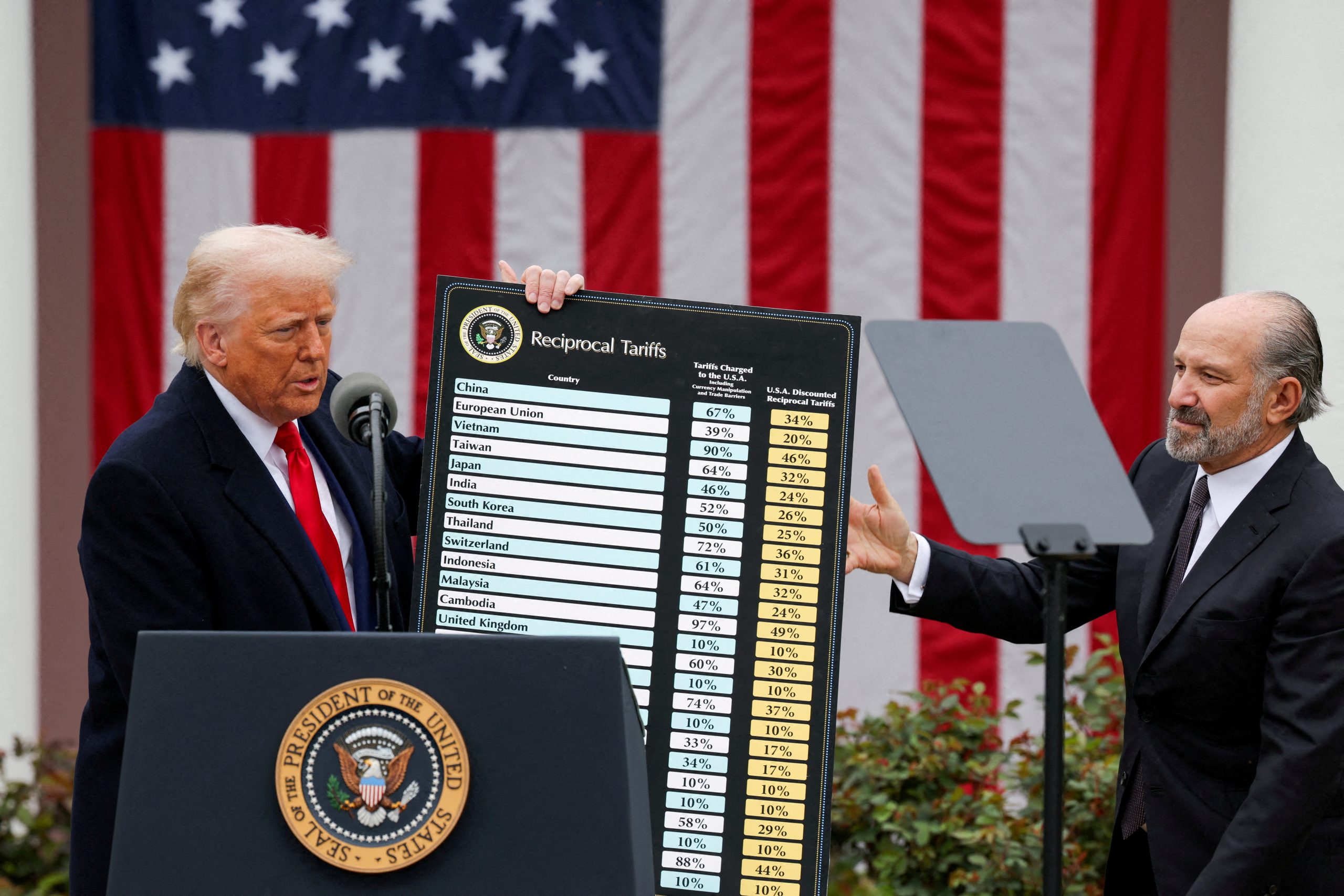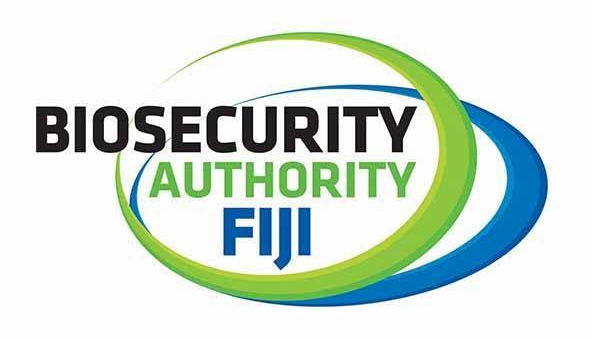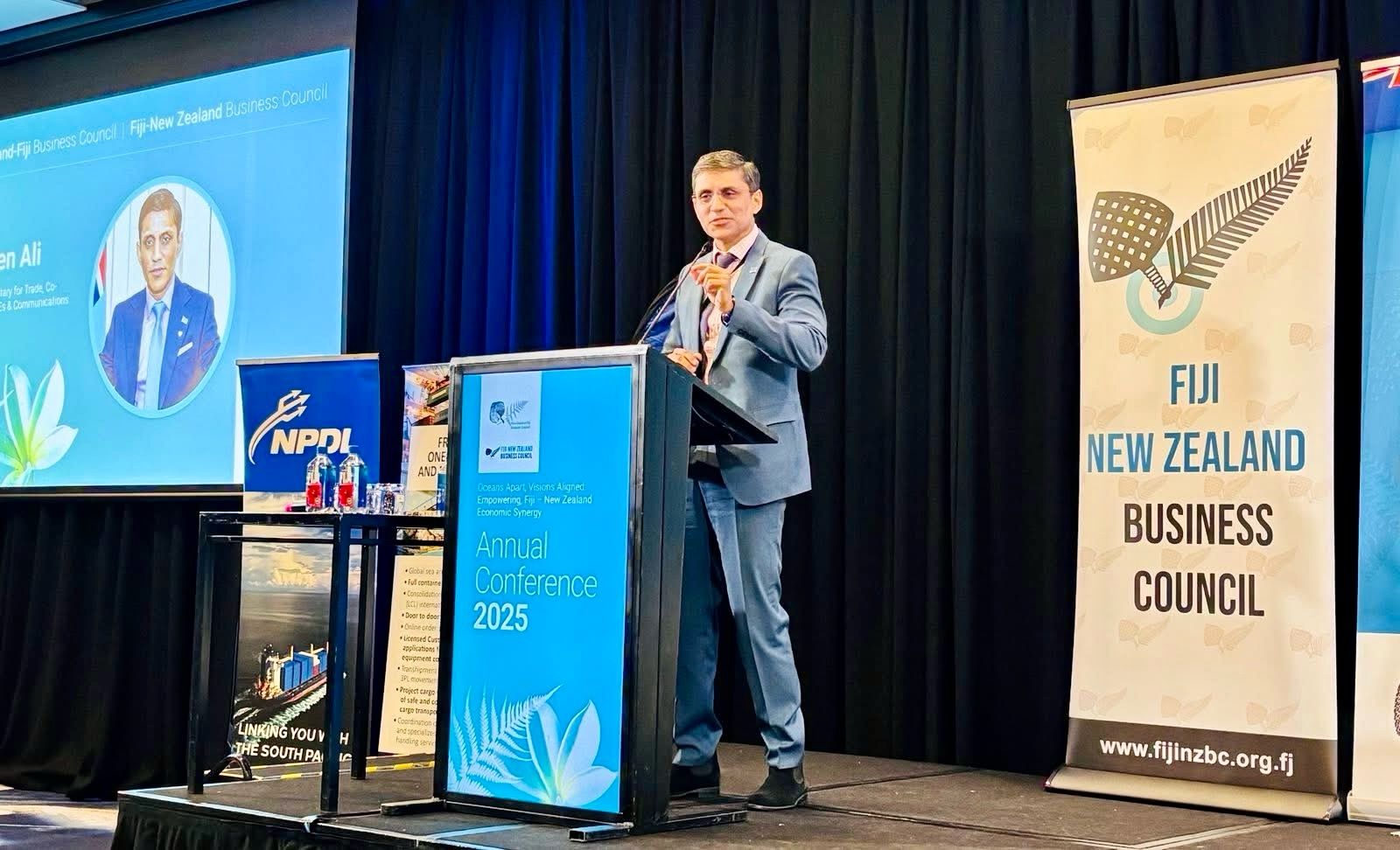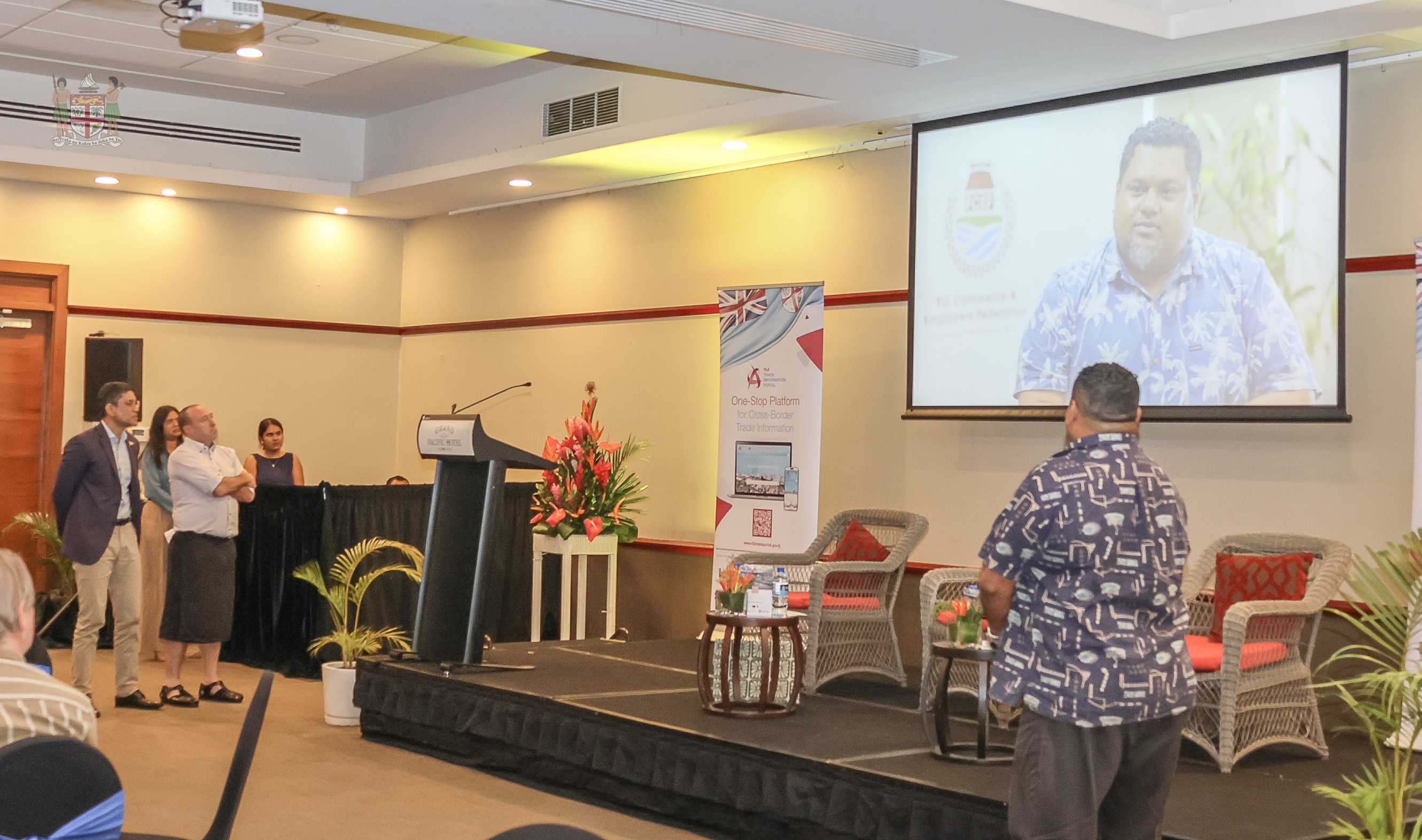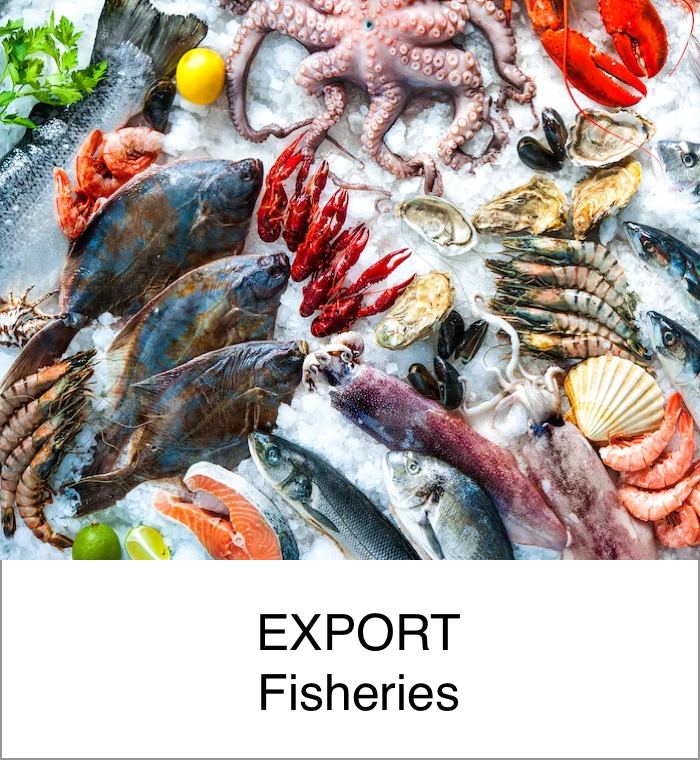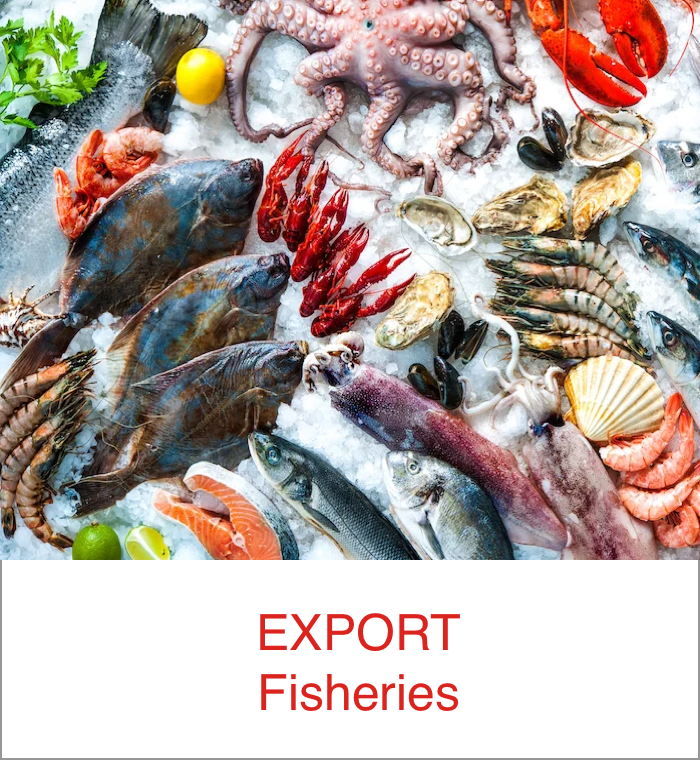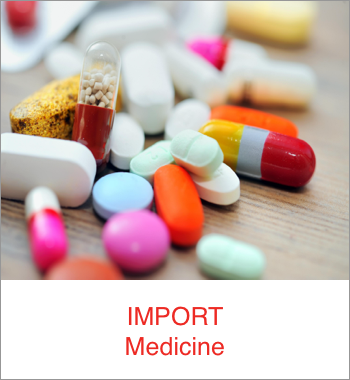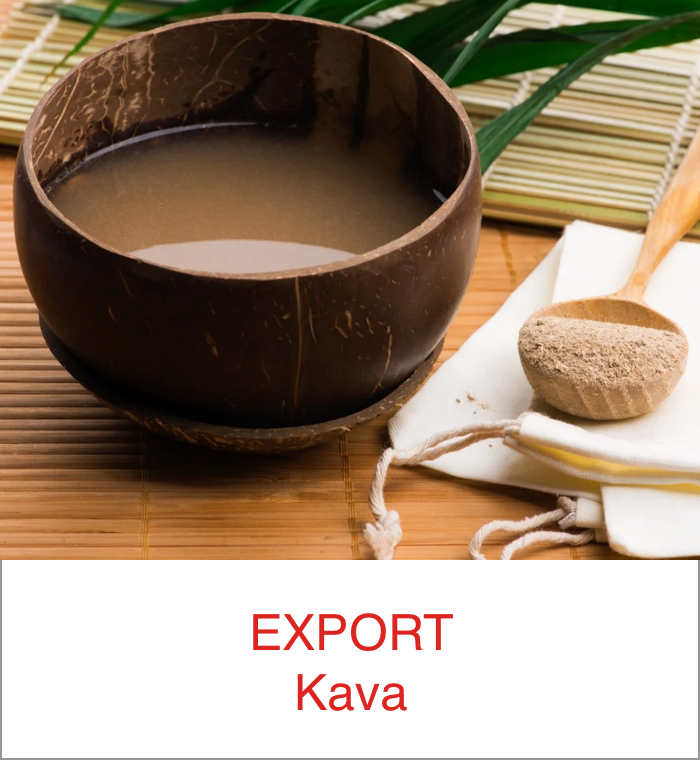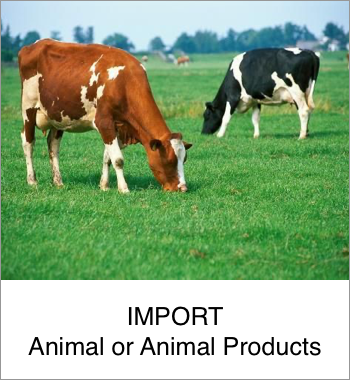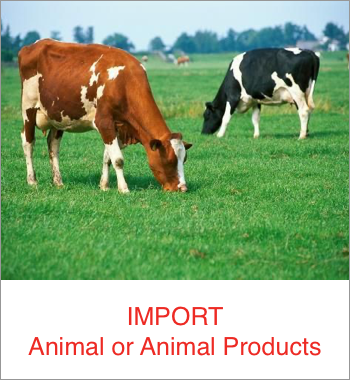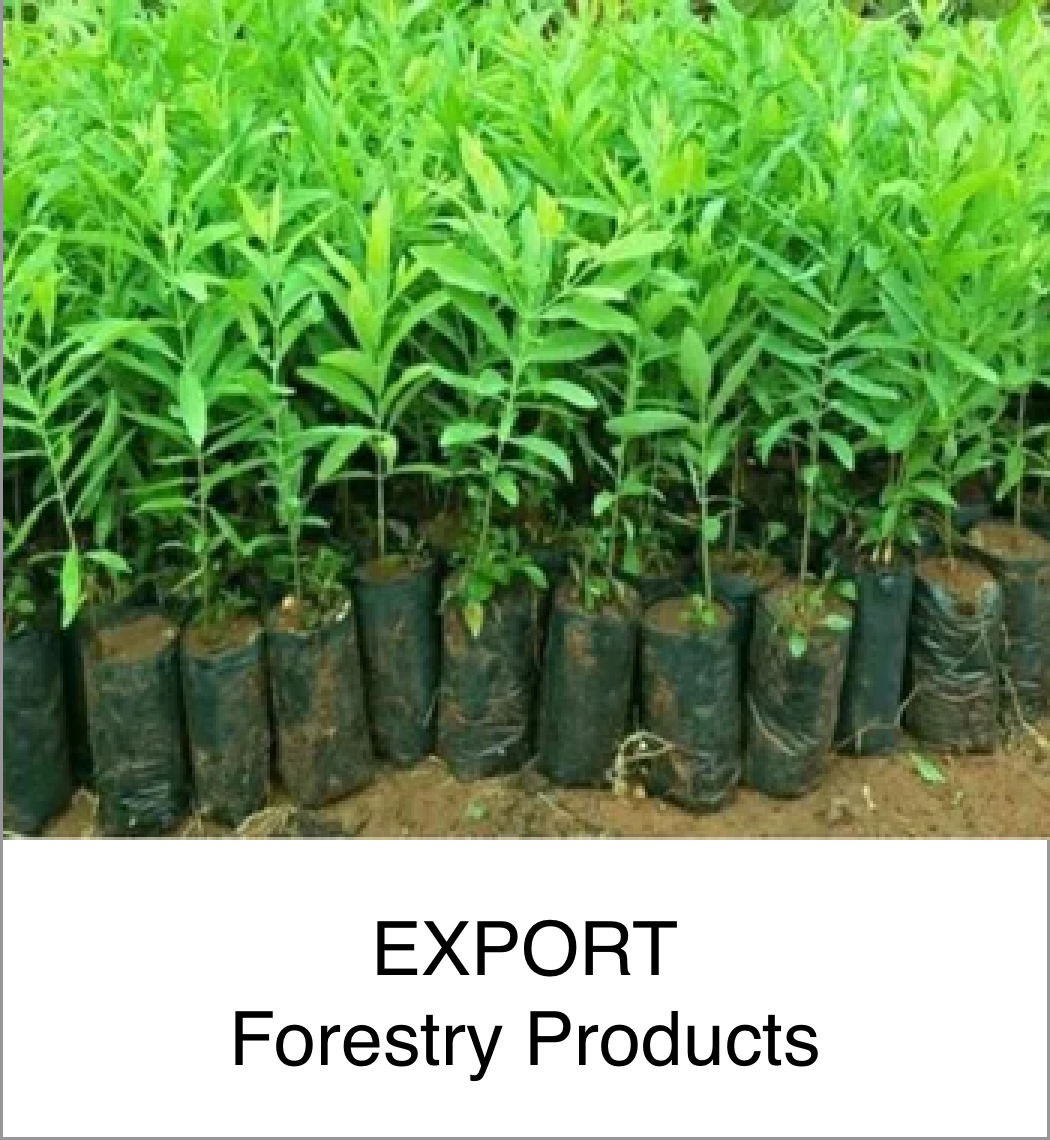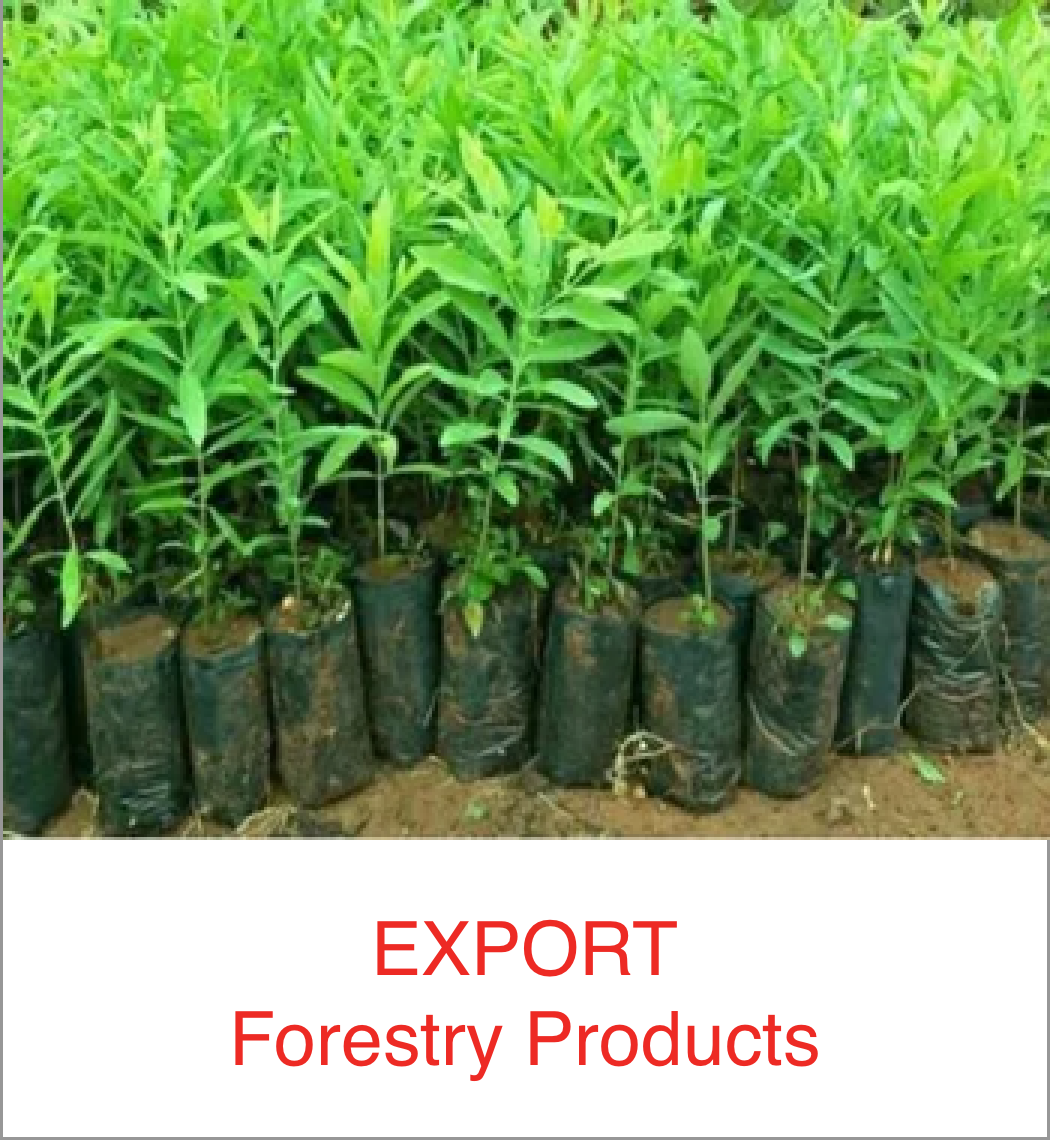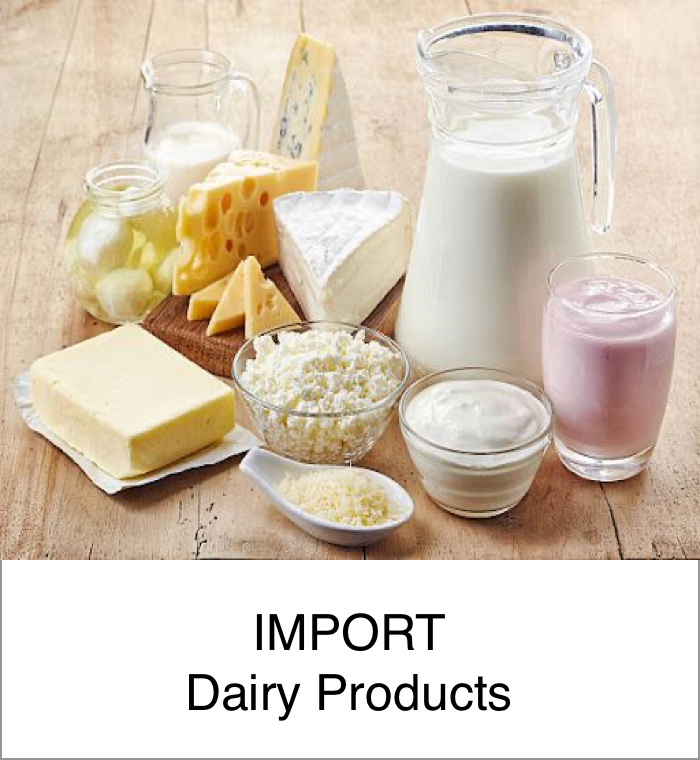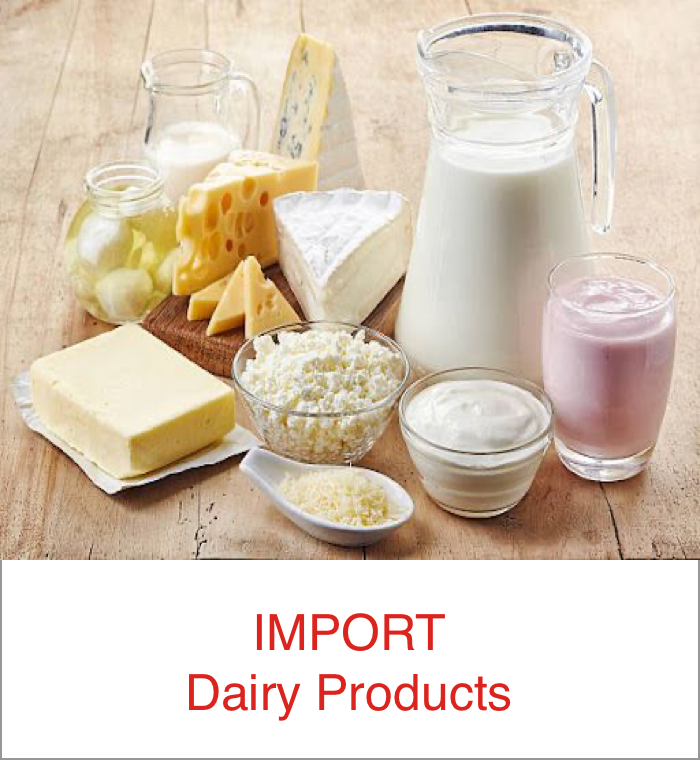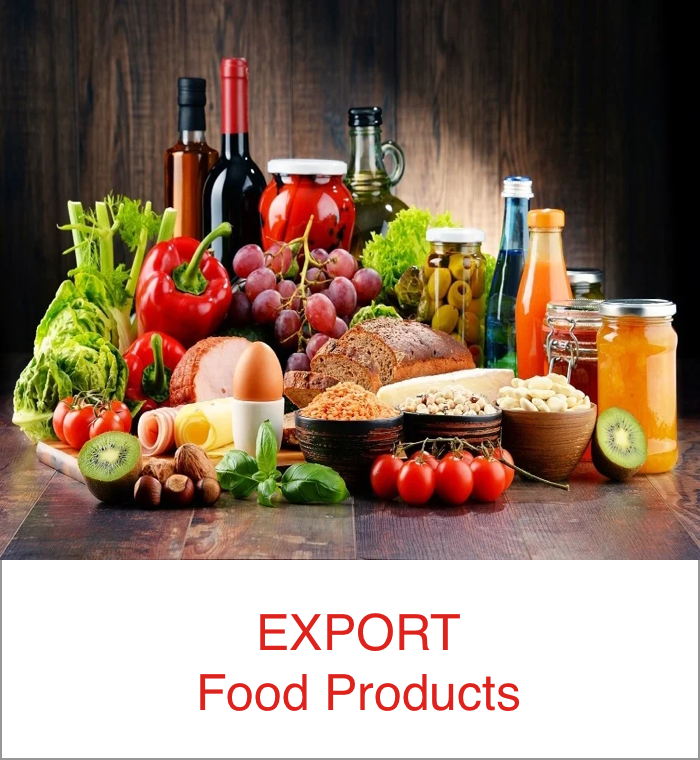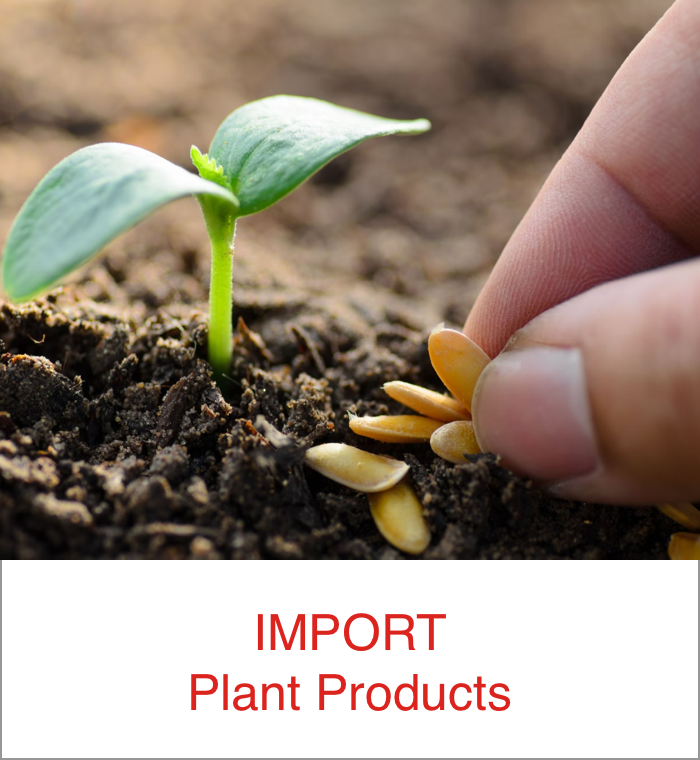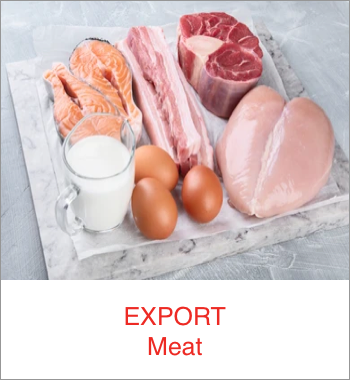A Single Source for All Cross-border Trade Information
Fiji’s trade environment and procedures are now more predictable and transparent with the launch of the Fiji Trade Information Portal. The web-based portal is a single source for all cross-border trade information. It makes it easier for traders to comply with regulatory requirements associated with the import and export of goods. Designed to enhance transparency and efficiency, the Portal simplifies access to import and export regulations, licensing requirements, tariffs, and trade procedures - all in one place.
WATCH HERE
Discover Our Guided Journeys
Our Trade Information Portal offers an all-encompassing, user-friendly platform designed to streamline your journey through Fiji's export-import regulations. From regulatory documents to step-by-step procedures and essential forms, our portal is your one-stop resource for all trade-related information. Allow the portal to simplify trade in Fiji for you. Follow our guided paths, and we'll lead you through every aspect of the export-import process, from securing permits and licenses to effortlessly navigating customs and tariffs.
A Complete Navigation Guide
This video provides a step-by-step guide on how to navigate the Fiji Trade Information Portal. Whether you’re an importer, exporter, or simply looking for trade-related information, this portal serves as a central hub for regulations, procedures, and requirements. Watch to learn how to access key resources, search for permits, and stay informed about Fiji’s trade processes.
WATCH HERE
Recent Uploads
Latest Articles, Announcements & News

